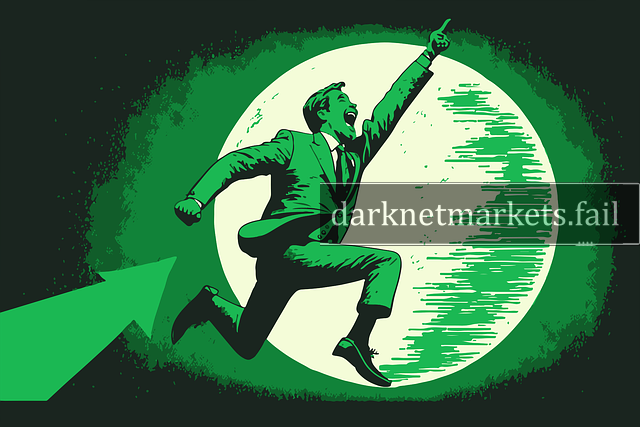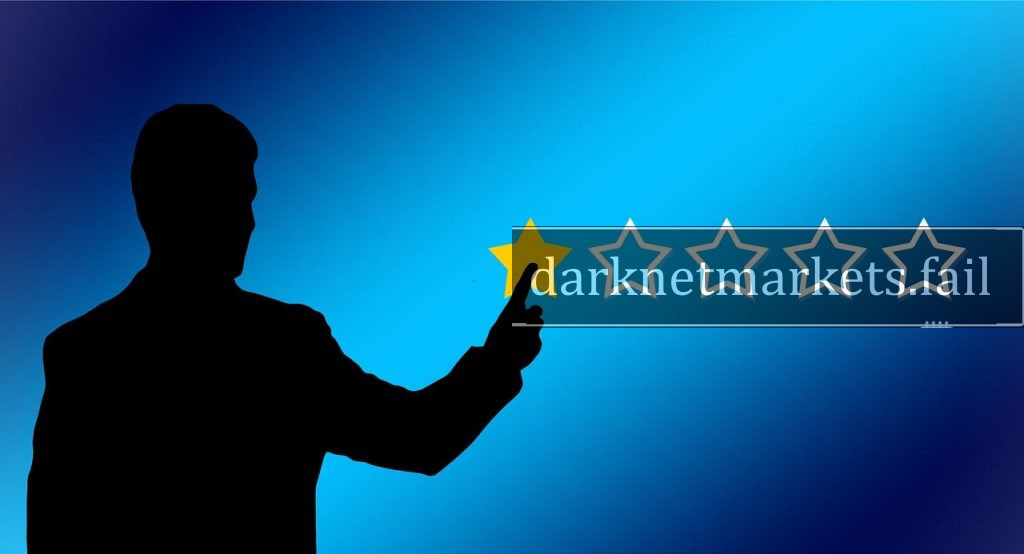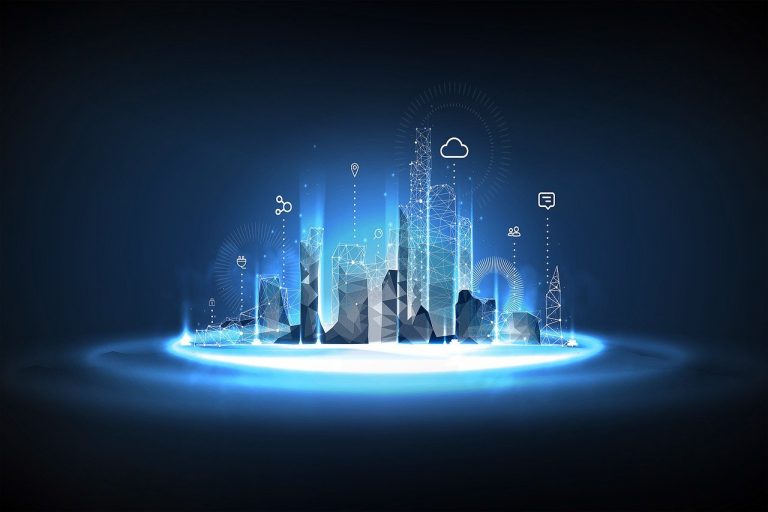The Dark Market Review: A Deep Dive into the Underground Economy

The Dark Market Review – The internet has radically transformed how we shop, communicate, and conduct business. With the rise of the internet, a parallel underground economy has emerged, known as the “dark market.” These markets, which operate in the shadows of the internet, provide an anonymous platform for buying and selling goods and services, often involving illicit products and services. While many people are familiar with terms like “Dark Web” or “Darknet,” the intricacies of dark markets are not as widely understood.
In this blog post, we will dive deep into the concept of dark markets, how they operate, the risks associated with them, and the efforts being made by law enforcement to combat illicit activities. Let’s explore the world of dark markets in this comprehensive review.

What Are Dark Markets?
A dark market is an online marketplace that operates primarily through the Dark Web or Deep Web, using encryption and anonymous browsing tools such as the Tor browser to hide its users’ identities. Dark markets are typically hosted on .onion websites, which can only be accessed via Tor, providing a layer of privacy and security for both buyers and sellers.
These markets facilitate the trade of various goods and services, including both legal and illegal items. While many dark markets began with the sale of illegal drugs, they have since expanded to include a wide range of products and services. Some common products sold on dark markets include:
- Drugs (both illegal recreational substances and prescription medications)
- Stolen data (credit card details, social security numbers, etc.)
- Weapons (including firearms and explosives)
- Counterfeit goods (fake IDs, passports, luxury items)
- Hacking services (DDoS attacks, malware, ransomware)
However, it’s not all illicit business. Some dark markets also provide privacy-conscious individuals with legitimate goods and services, such as encrypted communication tools, VPNs, and other privacy-related products. These markets serve as platforms for anonymous transactions, ensuring that the user’s identity and activities remain hidden from prying eyes.
How Do Dark Markets Work?
Dark markets work similarly to traditional online marketplaces, but they operate in a decentralized and anonymous manner. Here’s a breakdown of how they generally work:
1. Accessing Dark Markets
To access dark markets, users need to download the Tor browser, which allows anonymous browsing. The Dark Web is intentionally hidden from regular search engines, and only websites with a .onion extension are accessible through Tor. Once you have Tor installed, you can access a variety of dark market websites that are listed in online directories or shared within online communities.
2. Anonymous Transactions
Dark market users rely heavily on cryptocurrency for transactions. Bitcoin is the most commonly used digital currency, although other cryptocurrencies like Monero (which offers greater privacy) have gained popularity. These currencies allow for pseudo-anonymous transactions, where buyers and sellers are not directly identified by their bank account details or credit card information.
3. Escrow Systems
To reduce the risk of fraud, many dark markets implement an escrow system. When a buyer makes a purchase, the cryptocurrency is held in escrow by the marketplace until the seller confirms delivery. Once the buyer receives the product or service as agreed, the funds are released to the seller. This system ensures that both parties are protected from fraud, although it’s not foolproof.
4. Reputation Systems
Many dark markets use reputation or feedback systems similar to those on e-commerce platforms like Amazon or eBay. Buyers and sellers can leave reviews based on their experiences, which helps build trust within the community. Sellers with high ratings and positive feedback are typically seen as more reliable, while bad reviews can serve as a warning to potential buyers.
5. Security Measures
Given the illegal nature of many transactions on dark markets, both buyers and sellers take extensive measures to protect their privacy and security. Sellers often use encrypted communications (e.g., PGP encryption) to exchange information securely. Additionally, many marketplaces utilize advanced security protocols like two-factor authentication (2FA) to protect user accounts from hacking.
Types of Goods and Services Sold on Dark Markets
As mentioned earlier, dark markets are home to a broad range of goods and services, some legal and others illicit. Here’s an overview of the most common items traded on these marketplaces:
1. Drugs
The sale of drugs, both legal and illegal, is one of the most prominent activities on dark markets. Illicit drugs, such as cocaine, heroin, and synthetic opioids, are sold with varying degrees of risk. In addition to recreational drugs, some sellers also offer prescription medications without a prescription, further complicating the legality and risks involved.
2. Stolen Data and Identity Theft
Data breaches have become common, and personal information like credit card numbers, bank accounts, and even social security numbers can be found on dark markets. Fraudsters often sell stolen data to other criminals who can use it for financial gain, making it a significant concern for privacy and cybersecurity.
3. Weapons and Firearms
Dark markets also serve as a platform for selling illegal weapons and firearms. These transactions are highly controversial, and authorities have cracked down on such marketplaces, as they contribute to violence and illegal activities. These items are often sold in jurisdictions where gun control laws are strict.
4. Hacking Tools and Services
Hacking tools, malware, and ransomware are also widely available on dark markets. Some sellers offer malicious software that can infect computers and steal sensitive data, while others provide DDoS (Distributed Denial of Service) attack services to disrupt websites and services. Hacking-for-hire services are another common offering, with individuals selling their skills for a price.
5. Counterfeit Products
Dark markets are also known for selling counterfeit products such as fake IDs, documents, and luxury items. These products are often sold to individuals who want to bypass regulations or deceive others by using fraudulent credentials.
The Risks and Legal Implications of Dark Markets
While dark markets provide a degree of anonymity, they come with significant risks. Here are some of the dangers associated with dark market activity:
1. Legal Consequences
Engaging in illegal activities on dark markets can have serious legal ramifications. Many countries have laws that target online criminal activities, including buying and selling illegal drugs, weapons, and stolen data. Authorities around the world are increasingly monitoring dark market activity and have successfully infiltrated and shut down several large marketplaces over the years.
2. Scams and Fraud
Dark markets are not immune to scams. While reputation systems can help, fraud still occurs. Some buyers may never receive their goods, while others may receive counterfeit or substandard products. Additionally, some sellers may disappear after receiving payment, leaving buyers out of their money and products.
3. Cybersecurity Risks
Dark markets are prime targets for hackers. Not only do you risk being scammed, but your personal data could also be exposed or stolen. Cybersecurity vulnerabilities in marketplaces, combined with the use of unregulated cryptocurrencies, make transactions risky for both buyers and sellers.
Conclusion
Dark markets represent the darker side of the internet, where anonymity facilitates both legal and illegal transactions. While these platforms have been useful for privacy-focused individuals and businesses, they have also become havens for illegal activities like drug trafficking, identity theft, and cybercrime. Despite the benefits they offer, dark markets are fraught with risks and dangers, including legal consequences, scams, and cybersecurity threats.
If you’re considering exploring the world of dark markets, it’s essential to proceed with caution. Ensure that you’re fully aware of the risks involved and take appropriate precautions to protect your privacy and security. As governments continue to increase their efforts to crack down on illicit online activity, the future of dark markets remains uncertain, but one thing is clear—they are not a space for the unprepared.



